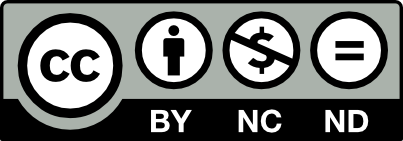An experience in multi-couple group mediation
DOI:
https://doi.org/10.23823/jps.v2i1.34Abstract
In recent years there has been a growing spread of psychosocial interventions characterized by the use of multi-family extended groups, whose application is useful in many clinical fields.
The adoption of multi-family settings seems to be dictated by the evidence that this working method combines a low cost with high efficiency.
In this case, the identification of problematic areas connected with the phenomenology of separation and divorce and the solicitation of possible resources becomes a practice but also an experimental methodology for network support forms.
In particular, the configuration of the multi-couple group, specific operational declination of the extended group, is characterized as an optimized version of the clinical application. Hence, the hypothesis of being able to place within it, a plurality of couples, returning from the emotional and relational experience of a marital crisis, but focused on the inevitable task of being able to keep faith in the parental mandate.
On the basis of these considerations, we have tried to hypothesize the possibility of starting a multi-family operative programme including separated couples but united with the intention to maintain the parental function, however harshly proven by the dissolution of the conjugal bond.
Downloads
Downloads
Published
Issue
Section
License
Authors who publish in this journal agree to the following:
- Authors retain the rights to their work and give to the journal right of first publication of the work simultaneously licensed under a Creative Commons License - Attribution that allows others to share the work indicating the authorship and the first publication of this journal.
- Authors can accept other non-exclusive licensing agreements for the distribution of the published version of the work (eg. Deposit it in an institutional repository or publish it in a monograph), provided to indicate that the document was first published in this journal.
- Authors can spread their work online (eg. In institutional repositories or on their website) before and during the submission process, because it can lead to productive exchanges and increase the work published citations (See The Effect of Open Access) .









